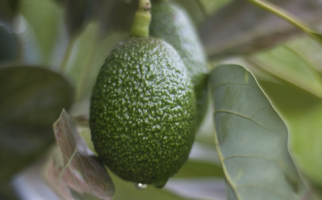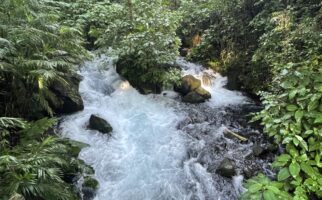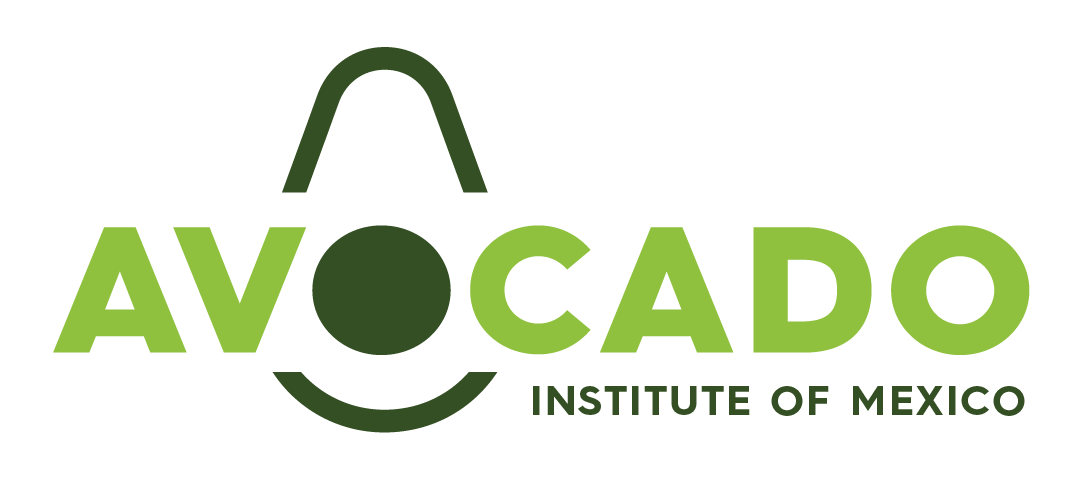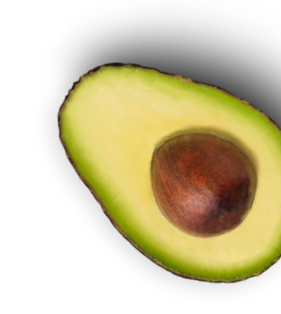Report on The Mexican Avocado Industry’s Long-Term Sustainability Strategy

The popularity of Mexican avocados has skyrocketed in the past decade—and the growth shows no signs of slowing.
Avocado imports to the U.S. from Mexico doubled from 1.2to 2.4 billion pounds between 2014 and 2021. Such a rapid increase in demand could have required doubling the use of natural resources.However, thanks tothe Association of Avocado Exporting Producers and Packers of Mexico’s (APEAM)continued commitment to sustainability, the association has promoted responsible practices to conserve natural resources to grow avocados in Mexico.
As part of theUnited Nations Global Compact, the world’s largest corporate sustainability initiative, APEAM has aligned with the high sustainability standards set by the U.N.’s 17 sustainable development goals (SDGs).
APEAM’smost recent update to the Communication on Engagement report, submitted to the U.N. and Global Compact stakeholders in 2022, details efforts the associationhas prioritizedand plans for meeting the present avocado demand without compromising future generations’ economic growth, environment, and the well-being of everyone touched by the avocado industry.
Here are four key areas in which APEAM focuses its sustainability strategy for the Mexican avocado industry.
The ‘Green Agenda’
When joining the U.N. Global Compact in 2020, APEAM conducted a qualitative study of the sustainability of avocado farming in Mexico, measuring it against four of the U.N. Global Compact’s 17 SDGs. The Michoacán region of Mexico has a unique environment that enables it to keep up with U.S. avocado consumption. This diagnostic study, titled the “Green Agenda,” provides a snapshot of Michoacán’s soil, water, biodiversity, and forests and covers avocado growers’ responsible farming practices and social responsibility.The study’sfindings have influenced APEAM’s sustainability strategies to create a positive social, environmental, and economic impact on Michoacán.
Green Alliances
U.N. SDG No. 17 regards building strategic partnershipsto achieve the other 16 goals. To further its active pursuits to improve water management in avocado farming, support life on land, and promote responsible consumption and production, APEAM has built key partnerships with:
- United States Department of Agriculture (USDA).
- Mexican Hass Avocado Importers Association (MHAIA).
- Agricultural and Rural Development Ministry of Mexico (SADER).
- National Service for Food Safety and Quality (Senasica).
1. Water Conservation
Research shows that 61% of avocado orchards in Michoacán rely on natural, seasonal irrigation in their fields. Another 36% use micro-sprinkling or drip irrigation to water their crops. This means 97% of avocado orchards depend on sustainable irrigation methods.To reduce avocado agriculture’s water footprint, APEAM has created several systems and initiatives, including:
- A system of 42 weather stations and 12 humidity probes that monitor moisture in each orchard and determine irrigation frequency to combat root rot and reduce water use.
- A soil preservation program that prioritizes orchards in steep areas with slopes over a 15% angle, which are at highrisk for water erosion.
- A comprehensive water footprint study, currently in the works, to ensure a sustainable future.
2. Responsible Use of Agrochemicals
To ensure responsible use of agrochemicals, APEAM verifies national and international compliance with avocado producers to:
- Work only with authorized agrochemicals.
- Stay within maximum residue limits for the safety of human health, wildlife, and the orchard’s surrounding ecosystems.
- Additionally, APEAM promotes the use of necessary personal protection equipment when applying any agrochemicals.
3. Responsible Resource Consumptionand Avocado Production
Responsible production patterns require proper education on field safety and good farming practices. That’s why APEAM has invested in a range of educational initiatives:
- APEAM Safety App:Provides virtual training sessions for avocado producers.
- Certified Lead Trainers:Have delivered over 100 classroom-based courses on produce safety.
- Technicians: Work with Michoacán’s 22 local plant health boards to promote good farming practices by conducting reviews, safety training, internal audits, and more
- Field Safety Operation Manual: Currently in the works to standardize the National Sanitation Safety and Quality Service Contamination Risk Reduction Systems requirements and the FDA’s Produce Safety Rule of the Food Safety Modernization Act.
4. Forest Conservation
Michoacán is one of Mexico’s top five states in forest production and biological diversity. APEAM’s forest conservation initiatives include:
- Restoring damaged areas.
- Rallying producers, packers, and the surrounding community to protect the environment.
- Coordinating groups and municipalities to ensure that government authorities promote forest conservation initiatives.
- Instituting forest brigades and a fire alert system.
- A Reforestation Program that has planted more than 2.9 million trees as of 2022 and yielded a tree survival rate of more than 80%.
A More Sustainable Avocado Industry
Since joining the U.N.Global Compact, APEAM has successfully aligned the Mexican avocado industry’s sustainability practices with the U.N.’s SDGs. Demand for avocados continues to rise, and with responsible farming practices made a priority each year, Mexico’s avocado industry, its surrounding communities, and the ecosystems critical to our planet will thrive.
Learn more about how the avocado industry preserves biodiversity through sustainable development.
March 2025 Avo Highlights – Your quarterly resource for business news and insights on the avocado industry.
Responsible Water Stewardship in the Mexican Avocado Industry The Mexican avocado industry has grown its delicious fruit responsibly, keeping sustainability…
Huella hídrica de producción, empacado y transporte de aguacate
El sector agrícola es el mayor consumidor de agua a nivel global (FAO & Organización de las Naciones Unidas para…
Mexican Avocado Farmers Make Every Drop Count
This World Water Day, we highlight the Mexican avocado industry’s commitment to a water - conscious future.













